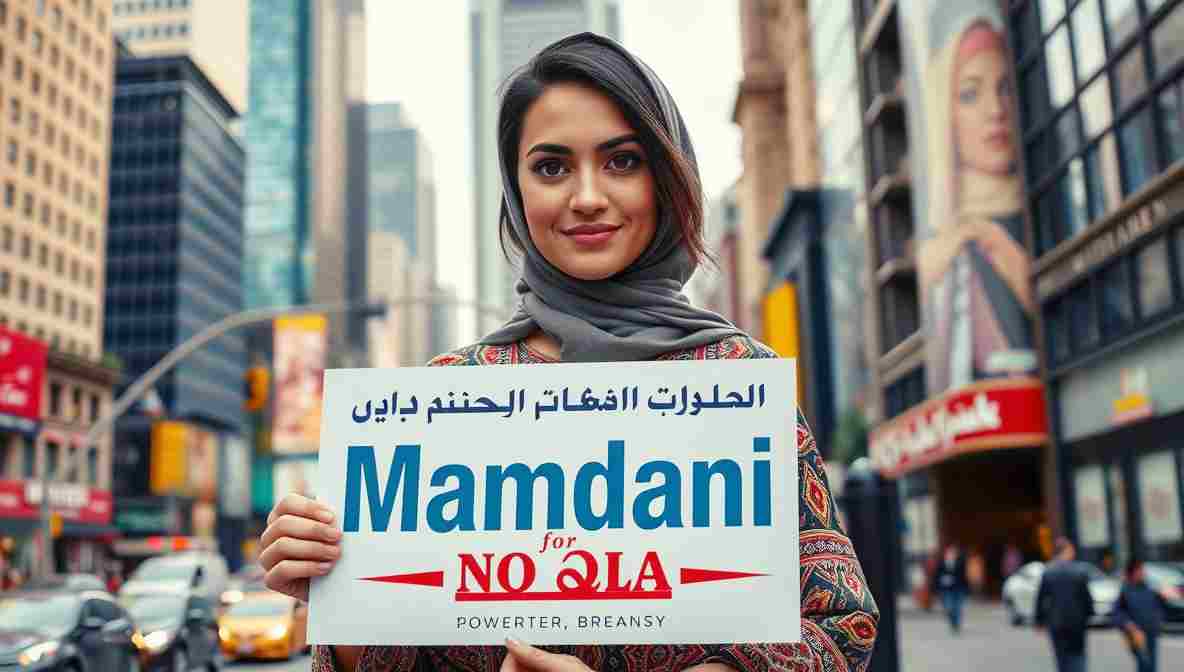Political branding and personal style: dissecting Mamdanis Uniqlo Uncle approach
Political branding and personal style: dissecting Mamdanis Uniqlo Uncle approach
Exploring how wardrobe choices and personal image shape public perception in urban campaigns
Zohran Mamdanis campaign was notable not only for its policy positions but also for his distinctive Uniqlo Uncle styleminimalist, approachable, and deliberately unpretentious. Analysts suggest that personal branding plays a strategic role in connecting with voters, signaling authenticity, relatability, and transparency. ([gq.com](https://www.gq.com/story/zohran-mamdani-uniqlo-uncle-style))
Campaign experts emphasize that political image and wardrobe choices communicate values subtly: a simple, functional wardrobe may signal accessibility and focus on substantive issues rather than elitism. Mamdanis style aligns with contemporary urban branding strategies that prioritize relatability, minimizing perceived distance between elected officials and constituents. Comparative research highlights how visual cues, including dress, posture, and demeanor, influence voter perceptions, trust, and engagement. ([harvard.edu](https://www.harvard.edu/research/political-branding-image-style))
Media coverage underscored the novelty of Mamdanis approach, with photo essays and social media commentary highlighting the consistency and symbolic messaging embedded in his appearance. Analysts note that the Uniqlo Uncle moniker reflects both humor and effective narrative construction, reinforcing his image as a pragmatic and grounded leader. Studies of urban electoral behavior suggest that candidates who embody relatable personas can foster stronger identification with younger and professional demographic groups. ([gq.com](https://www.gq.com/story/zohran-mamdani-uniqlo-uncle-style))
Observers also highlight the broader implications for political communication: integrating visual identity with substantive policy messaging enhances coherence, memorability, and public trust. Mamdanis approach demonstrates that authenticity in personal presentation complements evidence-based policy platforms, reinforcing campaign messaging and voter engagement in a metropolitan context. ([brookings.edu](https://www.brookings.edu/research/political-image-perception-urban-leadership/))



